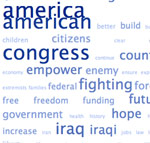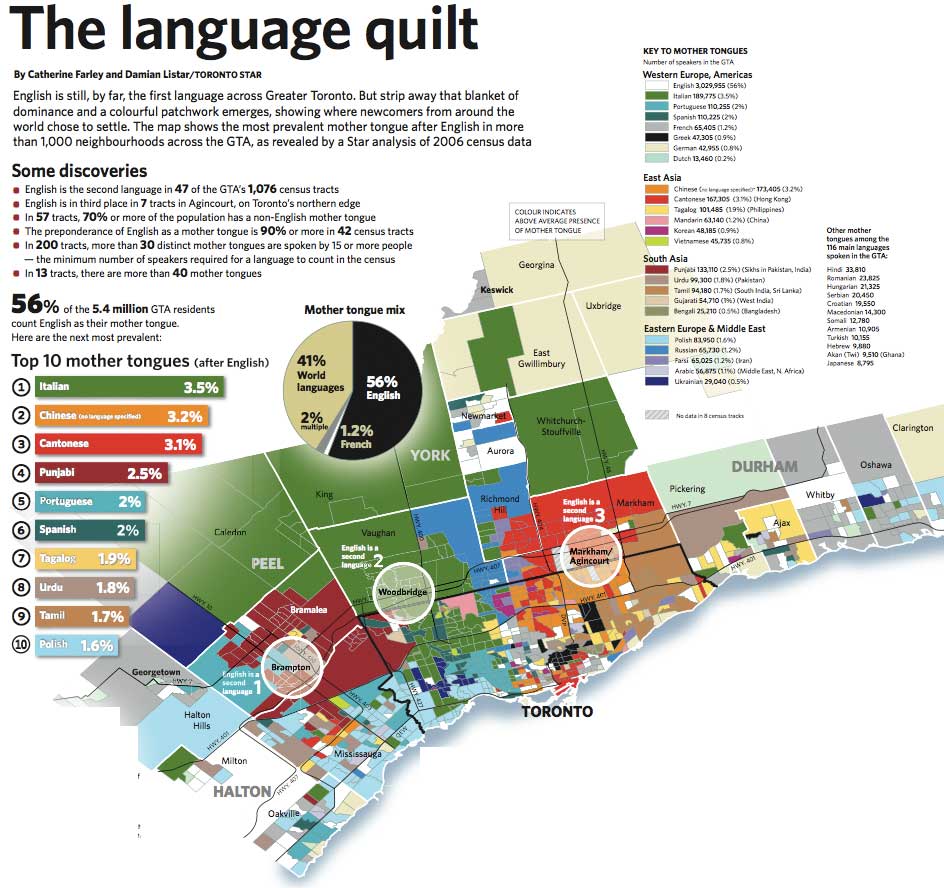is an educational initiative that examines new opportunities in scholarly communication, advocates changes that recognize the potential of the networked digital environment, and encourages active participation by scholars and researchers to guide the course of change.
Create Change was developed by the Association of Research Libraries (ARL) and SPARC (Scholarly Publishing and Academic Resources Coalition) and is supported by the Association of College and Research Libraries (ACRL). The website was adapted for the Canadian environment by SPARC and the Canadian Association of Research Libraries (CARL). The US version of Create Change is available here.
Create Change has a small section (relative to the others) on data. It refers to the 2005 National Consultation on Access to Scientific Research Data (NCASRD) report. But alas, there remains no national strategy or resources for infrastructures and policies on the issue of open access, dissemination and preservation of scientific data in Canada since that report. The NCASRD report was also only briefly mentioned in the October 2007 Canadian Digital Information Strategy (CDIS). I am glad Create Change mentions the NCASRD report as it is one of the few consultations that included data specialists and scientists, making its recommendations relevant, grounded in practice and includes clear recommendations and strategies overlooked by the CDIS.
The Harnessing Data Section also refers to the Research Data Centre Program which is a closed shop when it comes to citizens as it is a Statistics Canada initiative only open to researchers, a great US National Institute of Health (NIH) genetic sequence database GenBank® and a Canadian Astronomy Data Centre. Odd that the Science Commons and the work of government departments that disseminate scientific data such as NRCan’s Data Discovery Portal is not mentioned! Both of these were groundbreaking. Most notably the very progressive Geobase Unrestricted Use Licence Agreement, open and free access to some (not all) of Canada’s national framework data and GeoGratis which disseminates free data. Canadian’s still do not have access to basic national, provincial and municipal geomatics data sets (let alone a most socio demographic data), nonetheless, the work of GeoConnections is surely to grow and their dissemination, accord signing, technological approaches, standards and partnership practices can most certainly be emulated elsewhere.
I hope Create Change will help open up natural and social science data to Canadians. At the moment their site provides much more on open access journals, new forms to disseminate and discover scholarly works, methods to create those works, and the scholarly merit system. There is less on scientific data, perhaps as is normally the case in Canada, scientific organizations like CODATA, or science producing organizations are not at these tables. I fully support the direction Create Change is going, however, journals, scholarship and the merit system evolve around access to data – data is what informs scholarly works and I would love to see more input from the data people!
I was very excited to see which journals are accessible in their Expanding Access Section and I look forward to seeing scientific organizations contribute to their Harnessing Data Section. They most certainly have the right cultural institutions, publishing, and library people at the table but they are missing scientific data associations and archivists.









Comments on Posts